South Africa's onshore wind market has attracted global attention with about 2,000 megawatts of approved power. Tom Krojgaard Pedersen, Siemens' head of sales, Middle East and Africa, said the industry's supply chain, as well as the wind industry, could have 2,000 megawatts of power by 2017.
RiaanSmit's chief power transmission engineer at Eskom points out that there are several projects and potential developers in South Africa. I think we need to integrate stronger developers to create a more sustainable path. Interest in South Africa is now so high that it is likely to serve potential projects for the next 20 years. However, reality means that not all potential developers will survive.
The lessons learned from the bidding window are one to three, which will also allow for rule changes, high local content, and acceptance of sustainable plans. The result will be a more sustainable industry.
Dr. KilianHagemann, director of G7 Renewable Energies, said the biggest challenge to date will be to handle objections from certain stakeholders in the project. "When I say this, I mean a very broad sense, because it usually boils down to individuals opposing proposed projects and then formalizing them in an environmental permit appeal. This is the biggest challenge of the last two years. It can deal with neighbors who do not like to see turbines or the noise they expect to make and therefore do not want them close to their land. Here are a classic NIMBYism case (not in my backyard mentality) where many people support renewable energy in South Africa but don't want it anywhere near their land. "
He added that, in his view, the gold rush day in South Africa's wind industry was over. "It becomes so competitive that people realize that if you don't have a deep-pocketed partner who will be financing on very competitive terms or very good wind resources, then you don't have much of a chance to bid. That is, ideally, you need two winning ingredients to be successful. More and more we are seeing this as a big boy's game, the number of small developers is dropping dramatically, and our peers are growing as I speak. There are some small developers with very good projects and they will stay on the market, but I think the future of the South African style depends on the big companies.
"In terms of pricing, I don't believe prices will continue to fall by the fourth round. They will either stabilize at current levels or rise slightly.
Unless something unexpected happens in the international turbine market, we have reached the lowest price I think. The rest depends on government work - if they increase distribution remains to be seen. Wind power will play a very important role in South Africa's energy mix over the next 20 years and it remains a mainstream technology, considering that it is currently the cheapest form of new generation capacity, with an average R0.74/kWh seen in the third round of the Renewable Energy Independent Power Producers (REIPPP) scheme. In the first few projects under construction, they have a very good record of showing that this can be done on time and within budget, and there have been some very positive socio-economic spin-offs."
Impress Energy is a smart lithium battery pack & Cylinder cells manufacturer in China, mainly supplying energy storage batteries, alternative SLA batteries, e-mobility batteries, and an R&D team with 12 years of professional experience can customize batteries for customers.
We have cooperation with University of Westerm Cape in SA. Looking for dealers partners with us!


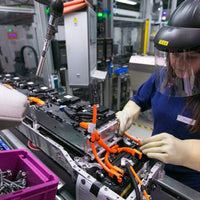
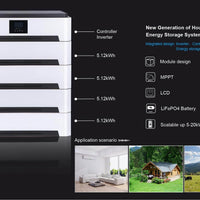
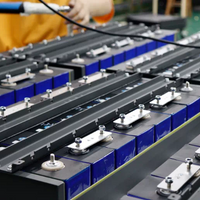
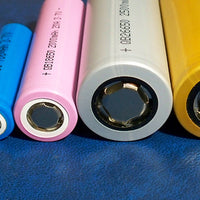
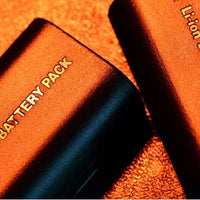
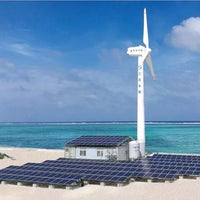
0 comments